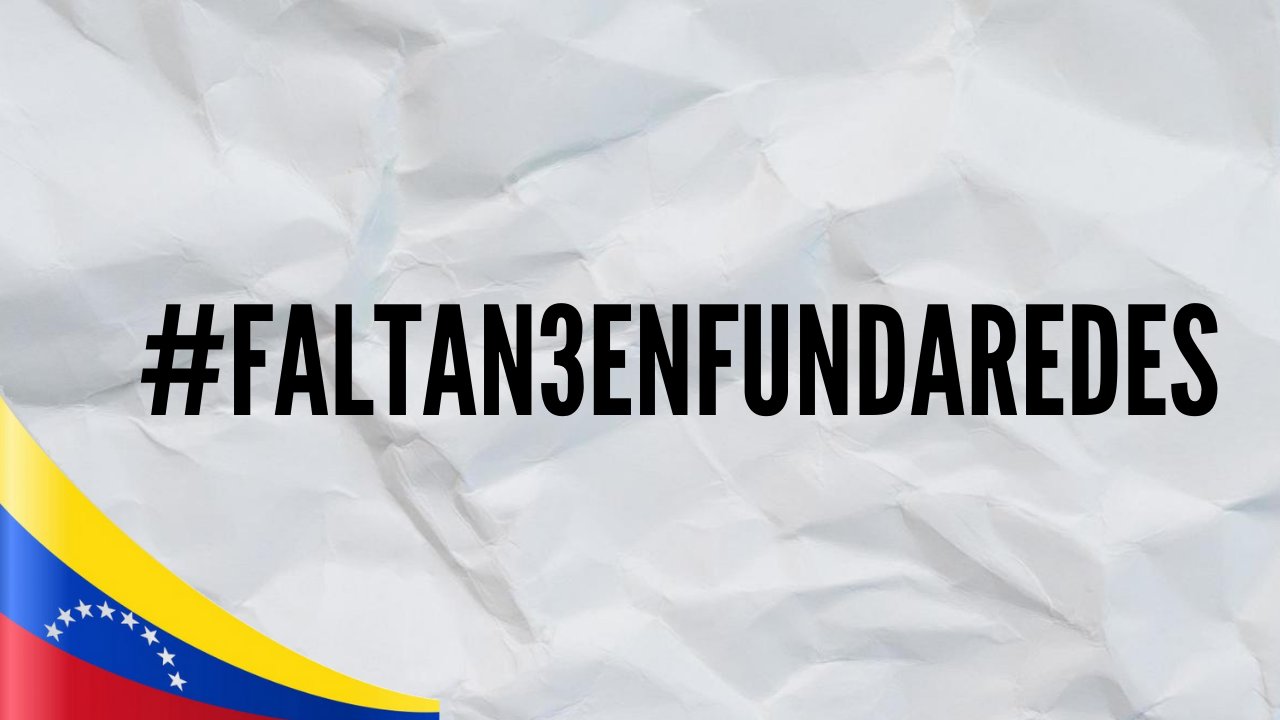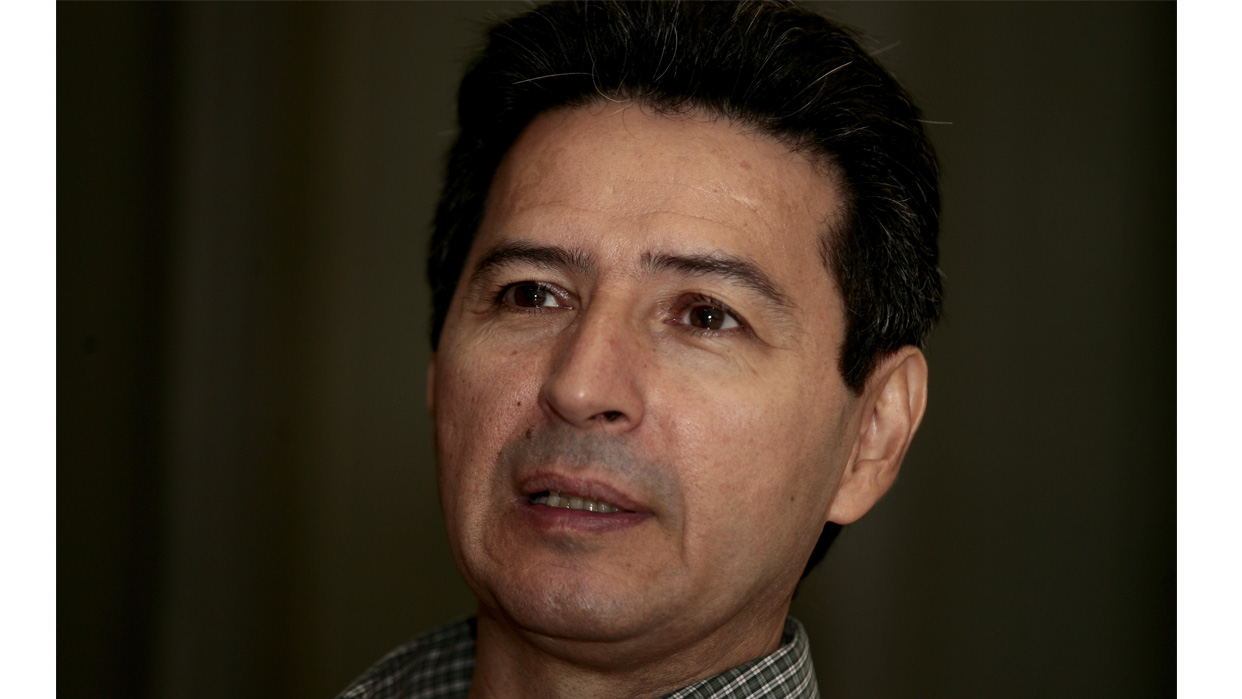Acceso a la Justicia (Access to Justice) considers the participations of opposition and official parliamentarians in the creation of the Preliminary Commission which will be part of the Electoral Nominations Committee, to be an historic event and a significant step. This committee’s objective is to appoint the new rectors of the National Electoral Council (Consejo Nacional Electoral, CNE). Since 2003 the National Assembly (AN) has not appointed members of the electoral body with a pluralistic (pro-government and opposition) approach. On the contrary, this responsibility has been assumed by the Supreme Court (Tribunal Supremo de Justicia, TSJ) by usurping the roles of the Legislative Power in 2003, 2005, 2014 and 2016. Additionally, the National Assembly has only exercised when it was not met with opposition (2006 and 2009).
So far, the Electoral Nominations Committee has nine of its eleven required deputies: six are from the opposition and three represent the United Socialist Party of Venezuela (PSUV). Of the two who are missing, one will be from the fringe parties of the opposition, and the other from the governing party (PSUV). Nicolás Maduro’s regime has relied on the false and unconstitutional reasoning of the Assembly’s contempt of court in order to invalidate its actions. However, in this instance, after the reinstatement of the so-called “Bloque de la Patria” (Homeland Bloc) to the Assembly, Maduro has agreed to participate in a process outlined in the Constitution and in the Organic Law of Electoral Power (LOPE). These rules grant power to the AN to appoint the rectors with democratic guarantees.
The Preliminary Commission has the function of evaluating the candidates nominated by the society to integrate the Electoral Nominations Committee, who is responsible for selecting the candidates for the position of rector of the electoral body. Once the Preliminary Commission evaluates the candidates nominated by the society to integrate into the Electoral Nominations Committee, it presents its list of shortlisted candidates to the Plenary of the AN, which by the vote of its 2/3 members selects ten members. In total, the Committee will consist of twenty-one members.
Access to Justice emphasizes that the fundamental difference between the Constitution and the LOPE is that the Magna Carta does not establish that the parliamentarians need to be members of the Committee of Electoral Nominations, only of representatives of the civil society. The Constitution also does not dictate the creation of a body prior to the Electoral Nominations Committee, such as the Preliminary Commission. This means that the selection process is exposed to a greater risk of politicization. This is inconvenient in the midst of country’s current crisis, since the new CNE should be made up of independent people with technical knowledge.
The appointment process
It is the responsibility of the Nominating Committee to present to the AN plenary a list of candidates for rectors of the electoral body. Within the first six days of its installation, the Electoral Nominations Committee must publish the criteria to evaluate the credentials of the candidates for rectors. Each faculty of legal and political sciences of the country’s national universities can nominate at least three candidates. The Citizen’s Branch can send a minimum of nine applicants while each current and active society organization can present up to three candidates.
The next step in the process is the evaluation of the candidates for rectors of the CNE. This process guarantees that all the nominees meet the requirements and a list of eligibles for each sector is drawn up. The list must contain at least twenty-seven candidates from civil society, nine from the national universities, and at least nine from the Citizen’s Branch. Finally, from the list presented by the Electoral Nominations Committee, the plenary of the AN will designate the principal and alternate rectors of the CNE with a 2/3 voting majority.
Constitutional Margin Law
Acceso a la Justicia has recorded how the most complex electoral framework in Latin American history has been built in Venezuela for the sake of presenting an appearance of elections by showing a democratic façade to the world. It is an example of the mechanisms of seizing the elections. When comparing the procedure established in the LOPE to integrate the CNE by the rules of the constitutional text, it can be seen that the law—sanctioned in 2002 by a Parliament dominated by Chavismo—is divorced from the provisions of Article 295 of the Magna Carta for different reasons
1. The constitution indicates that the Electoral Nominations Committee will define the composition of representatives of the different sectors of society, guarantees nonpartisanism in the election process. However, participation was extended to the parliamentarians of the AN itself, which reduces impartiality, especially by giving greater weight to deputies (eleven members) in front of civil society representatives (ten).
2. The legislator invaded the constitutional reserve by considering another instance other than the Electoral Nominations Committee. In fact, the LOPE creates the so-called Preliminary Commission, which will be in charge of the eleven AN parliamentarians appointed to integrate the Nominations Committee. This distorts the meaning and scope of Article 295 of the Constitution, whose purpose is to create an organ to pre-select the candidates for rectors outside of partisan interests in order to provide trust, fairness and equal opportunities in the electoral processes.
3. It is obvious that the Preliminary Commission dismisses the participation of civil society for the composition of the CNE and at the same time, privileges the political preferences represented by the AN deputies.
4. The fact that the LOPE promotes a political advantage and, therefore, an imbalance in the structure of the CNE deserves special attention, since it does not require that the parliamentarians that make up the Preliminary Commission, who make up the Committee of Electoral Nominations together with the members of civil society, inhibit themselves in the plenary of the AN in which the members of the CNE will be appointed by 2/3 of its members (110 of 164 deputies) from the list of postulates prepared by the Committee.
5. The same situation arises when the Preliminary Commission of eleven AN parliamentarians must evaluate and then present the list of candidates nominated by civil society for members of the Electoral Nominations Committee to the AN’s plenary.
This context does not guarantee the election of an Electoral Power that respects the principles that the Constitution outlines. It is important to apply legal modifications, especially, on one hand, so that the Committee is made up of representatives from different sectors of society and, on the other hand, so that the so-called Preliminary Commission can be replaced by the AN entrusting this instance or another one that this instance designated to receive the nominations. But such instance must be of a technical nature and must not be part of the Electoral Nominations Committee.
How does this process affect Venezuelans?
The institutional crisis in the country demands many changes, the celebration of free elections and that there is respect for political rights. Hence, the formation of the Nominations Committee’s Preliminary Commission with a pluralistic configuration of opposition parliamentarians who exercise the majority in the AN and of the Government, lays the groundwork for the re-legitimization of the CNE, despite some problems of unconstitutionality from the LOPE.
However, the steps taken so far but the regime to seize the Electoral Power and to make elections tailored should not be ignored. On the other hand, it is necessary to make reforms in the electoral legislation so that it is in absolute harmony with the Magna Carta.




